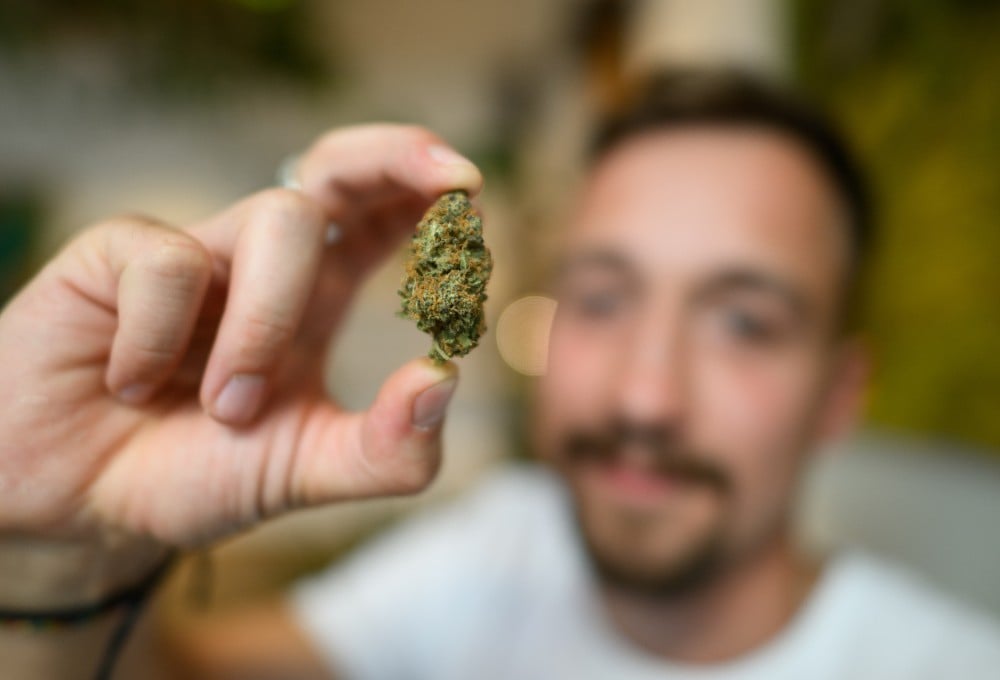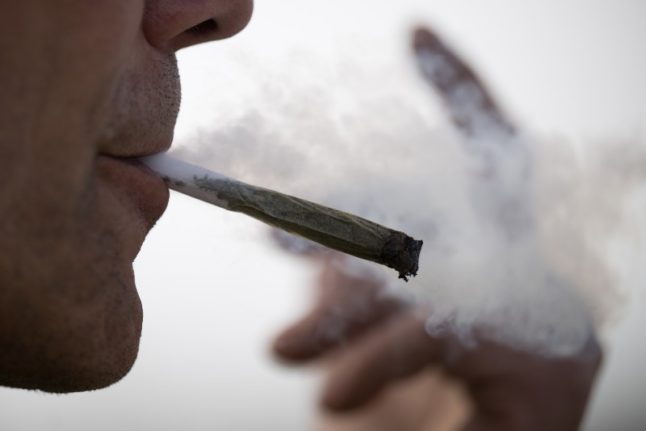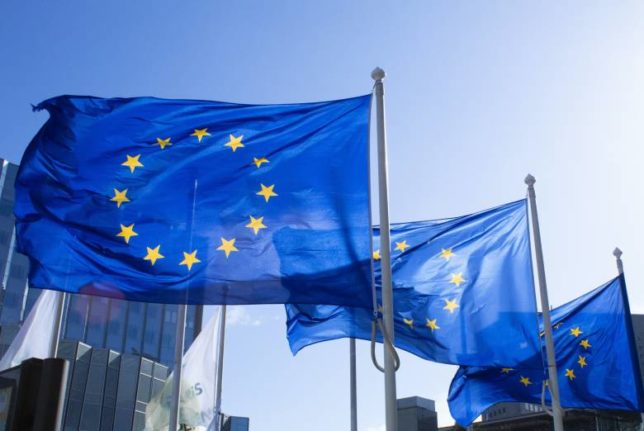Why is this a historic moment?
The law decriminalises cannabis and legally recognises it as a non-narcotic. Germany becomes the third European country, after Malta and Luxembourg, to legalise adult recreational use. And the law makes it one of the most liberal among developed economies.
READ ALSO: Germany gives green light to partially legalise cannabis from April
Only Canada, whose law allows individuals to buy from licensed retailers and carry up to 30 grams of cannabis, is more permissive.
The cannabis law also lowers the barrier for doctors to prescribe medical marijuana to patients. It will now be considered a normal prescription instead of a narcotic. Previously patients needed to have a chronic illness or be seriously ill to get a prescription.
What is the timeline for legalisation?
Beginning April 1st, adults are allowed to carry up to 25 grams of cannabis for recreational use. They can also keep up to 50 grams of marijuana at home and grow up to three plants for personal use. Note that is three plants per person, not per household.
On July 1st, adults can begin joining “cannabis social clubs” where they can receive monthly allotments of marijuana. And in the future, the bill lays out a plan to test out municipal five-year pilot programs for state-controlled cannabis to be sold in licensed shops.
Can cannabis be purchased in Germany after April 1st?
There is no way to buy cannabis directly, as it won’t be available for general purchase in a store. Instead, you can grow the plant yourself or join a cannabis club this summer. The cannabis clubs can begin growing cannabis on July 1st.
What will cannabis clubs do?
Cannabis clubs can have up to 500 members. Clubs can give members 25 grams of cannabis per day and up to 50 grams of the plant per month. For members under 22 years old, clubs can allot up to 30 grams of cannabis per month.
For cultivation club members between 18 and 21-year-olds the level of THC -the substance in cannabis that gives you the “high” – will be limited to help minimise the impact of marijuana use on developing brains.

Clubs cannot sell weed to their members, but they are allowed to charge membership fees. Under the law, all excess production must be destroyed.
Cannabis social clubs can set their own requirements for membership so long as the minimum age of membership is 18 and members can prove German residency. The law also gives states the ability to limit the number of clubs according to population density.
Can you consume cannabis in public?
Yes, but there are some parameters. You cannot consume weed within 100 metres of schools, sports facilities or around minors. You can also only smoke cannabis in public between the hours of 8pm and 7am.
How does the public feel about the law?
Germans remain divided on the new legislation with 47 percent in favour of the plans and 42 percent against the legalisation, according to a YouGov poll published on Friday, March 22nd.
The law was also met with sharp criticism from doctors, legal professionals and representatives from some of the nation’s 16 federal states. The conservative CDU and CSU parties expressed consistent opposition to the bill on the Bundestag floor.
READ ALSO: Why is Germany’s cannabis draft law so controversial?
What happens if you break the rules?
Minors who are caught consuming cannabis will be required to take part in prevention programmes. It is unclear what rules will apply to cannabis in road traffic, shipping and air traffic because it is still under review by expert committees.



 Please whitelist us to continue reading.
Please whitelist us to continue reading.
It’s ludicrous that people can drive after taking THC and their consumption level can’t be checked at the roadside by the police.